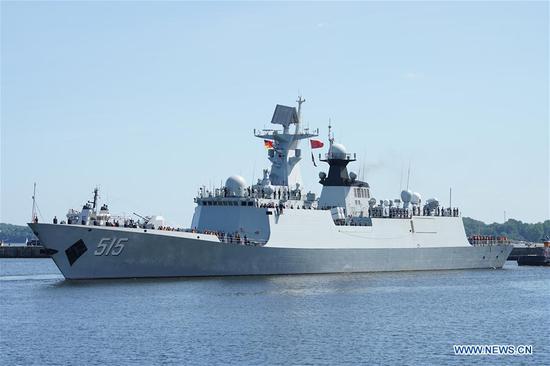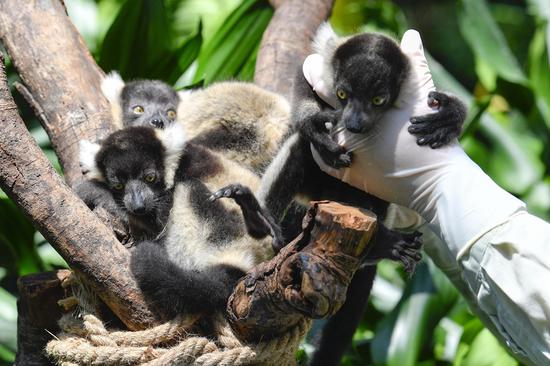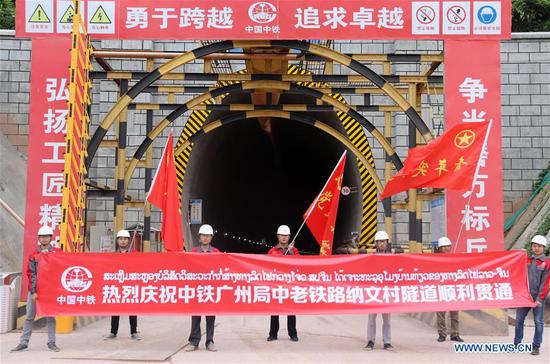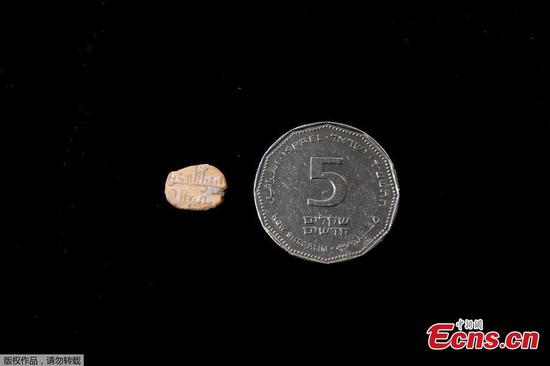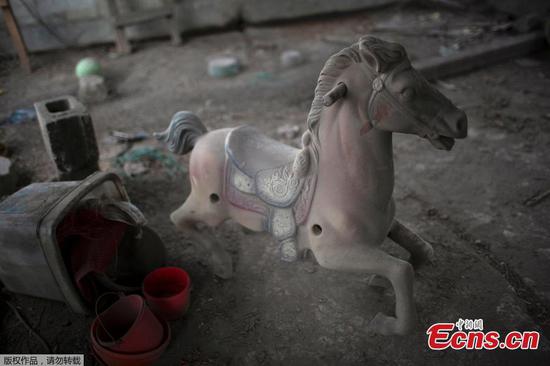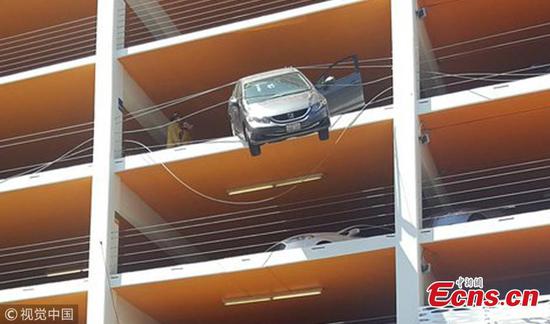Despite the accidents concerning Uber and Tesla earlier this year in the U.S., the Autonomous vehicle has been and will be a major part of the discussion for the next phase of the new technology since it has seen as the next multi-billion dollars business.
The competition between China and U.S. is raging on, with a wide variety of players from the tech giants, start-ups to traditional carmakers vying for the dominance.
Waymo, whose parent company is Google, has entered into the daily life in Phoenix, Arizona under a pilot project operated by Alphabet in Arizona.
Taking kids to school, sending people to work, helping people with disabilities or without a driver’s license, the autonomous car is designed to revolutionize people’s lives and the world transportation systems.
Meanwhile, in Guangzhou, the southern part of China, a fleet of driverless cars have been already running on open roads for a half-year.
Earlier this year, JingChi, a Chinese startup founded in April last year, invited the public to have a try in their test drives of the self-driving vehicles.
Baidu, China’s answer to Google, launched their Apollo 1.0 last year and was the first gamer in China to break the secrecy that usually surrounds self –driving cars as Google did.
Though the Chinese self-driving company is catching up fast, James Peng, the founder of Pony.ai , another unicorn company valued over a billion dollars in the self-driving market, admitted that U.S. companies are leading the way.
"I think Waymo is leading the pack. There are two reasons. One is that they started earlier. Another is that they really invested a lot in terms of capital and employees."
During an interview, the founder of Google’s self-driving car team and now the CEO of the Kitty Hawk Corporation also expressed his thought.
"The gap to Waymo is still there. But having been to China, I have to admit the driving situation in China is somewhat different. So, I think there is a unique opportunity in China that American companies cannot do," Sebastian Thrun said.













